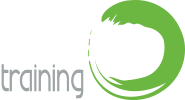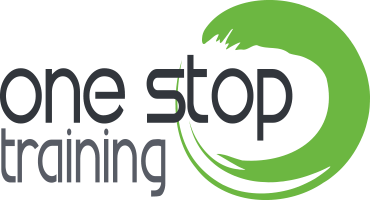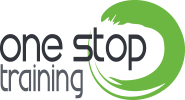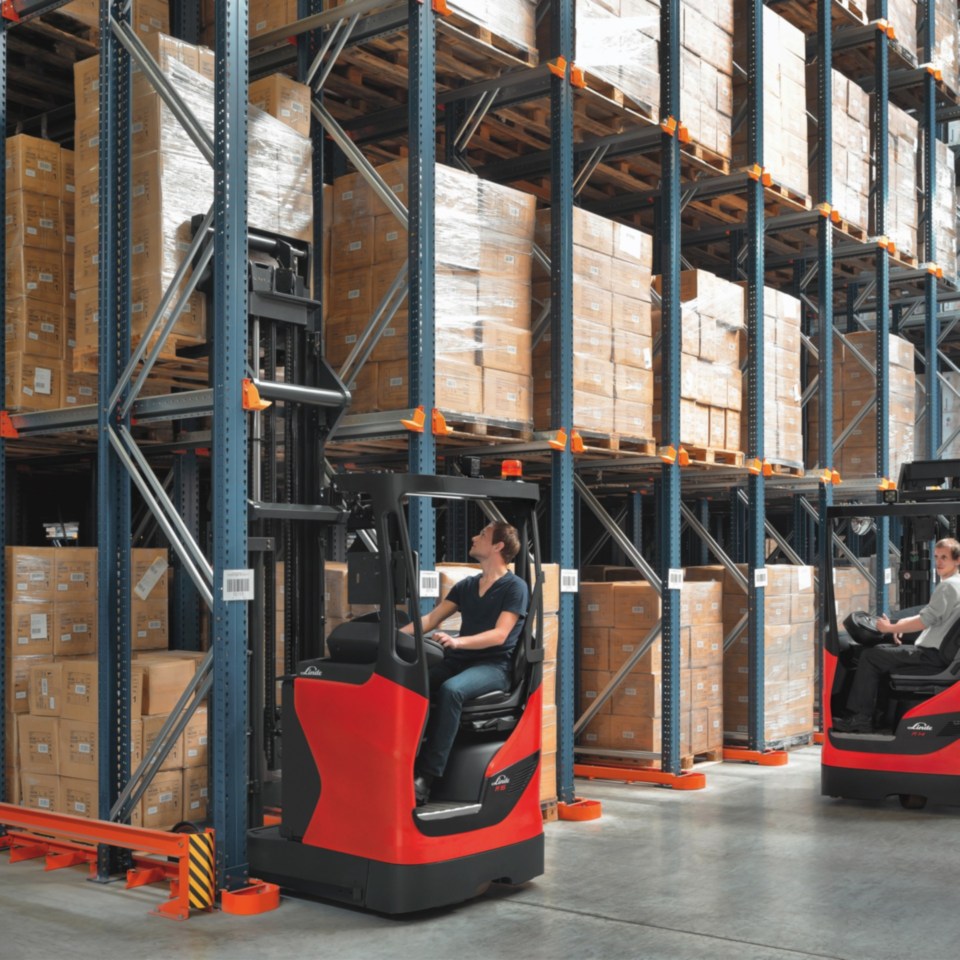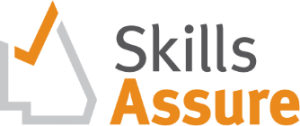Enrol in a Forklift Licence Training Course Now!
Did you know that there is a huge demand for forklift operators in various industries? In fact, according to Australian Labour Market statistics, the number of job openings for forklift operators is expected to grow by 2% in the next few years. That may not seem much but that is an estimated 1400 new job openings for forklift drivers in a variety of industries. This means that there are countless career opportunities waiting for those who have the necessary skills and qualifications to operate a forklift.
If you’re looking to unlock your career and open up new job prospects, enrolling in a forklift licence training course is the way to go. Not only will you gain the necessary skills and knowledge to operate a forklift safely, but you’ll also become an asset to potential employers who are desperately seeking skilled forklift operators.
In this article, we’ll explore the importance of a forklift licence, what to expect from training programs, how to choose the right course, and more. So don’t miss out on the chance to unlock your career potential. Enrol in a forklift licence training course today and take the first step towards a rewarding career path in a variety of industry occupations that require forklift operation.
Key Takeaways:
- There is a high demand for forklift operators in various industries.
- Enrolling in a forklift licence training course can open up new career opportunities.
- Holding a forklift licence makes you an asset to potential employers.
- By obtaining a forklift licence, you gain the necessary skills and qualifications to operate a forklift safely.
- Don’t miss out on the chance to unlock your career potential, enrol in a forklift licence training course today.
Why is a Forklift Licence Essential for Operating a Forklift?
A forklift licence is essential for anyone who wants to operate a forklift. It is not only a legal requirement in Australia but also ensures the safety of both the operator and those around them. Having a forklift licence demonstrates that you have received proper training and understand the necessary skills to operate a forklift. In addition to meeting regulatory requirements, having a forklift licence also comes with various benefits, such as increased job prospects, higher earning potential, and improved workplace safety.
Understanding the Importance of a Forklift Licence
A forklift licence is vital because it verifies that individuals have undergone the appropriate training to operate a forklift safely. Forklifts are large, heavy pieces of machinery that require specialised skills to handle. Without proper training, the risks of accidents and injuries increase significantly. Obtaining a forklift licence ensures that operators are knowledgeable about the correct operating procedures, hazard identification, load management, and workplace safety regulations. It provides peace of mind knowing that forklift operators have received the necessary training to handle various situations and prioritise safety at all times.
Key Benefits of Having a Forklift Licence
Having a forklift licence opens up a range of benefits for individuals in their career paths. Some of the key benefits include:
- Increased Job Prospects
Many industries, including construction, warehousing, and logistics, require forklift operators. By having a forklift licence, individuals have a competitive advantage in the job market and can explore a wide range of employment opportunities. - Higher Earning Potential
A forklift licence often translates to higher earning potential as it demonstrates a specialised skill set. Operators with a forklift licence may qualify for higher paying positions or receive additional bonuses and incentives. - Improved Workplace Safety
With proper training and a forklift licence, operators are equipped with the knowledge and skills to operate a forklift safely. This reduces the risk of accidents, injuries, and damage to goods and equipment, promoting a safer working environment for everyone.
Regulatory Requirements for Forklift Operation
Obtaining a forklift licence is not only beneficial but also necessary due to regulatory requirements. In many countries, including Australia, operating a forklift without a licence is illegal. Regulatory bodies enforce these requirements to ensure the safety of operators, co-workers, and the general public. The penalties for operating a forklift without a licence can include fines and even legal consequences in the event of accidents or injuries. By obtaining a forklift licence, operators comply with these regulatory requirements and contribute to a safer and more compliant workplace.
| Regulatory Requirements for Forklift Operation |
| Obtaining a forklift licence |
| Following workplace safety regulations |
| Maintaining certifications and renewing licences |
| Importance of Complying with Requirements |
| Demonstrates proper training and proficiency |
| Reduces the risk of accidents and injuries |
| Ensures ongoing compliance and up-to-date knowledge |
What to Expect from Forklift Licence Training Programs?
The process of obtaining a forklift licence involves comprehensive training programs that equip individuals with the necessary knowledge and skills to operate a forklift safely. These training programs typically consist of both practical and theoretical training elements, ensuring a well-rounded learning experience.
Components of a Standard Forklift Training Course
In a standard forklift training course (like those offered at One Stop Training), participants can expect to cover various essential components. These include:
- Hazard identification
Learners will be taught how to identify potential hazards in the workplace and develop strategies to mitigate them. - Forklift maintenance and inspection
Participants will learn how to inspect and maintain a forklift, ensuring it remains in optimal working condition. - Safe operating procedures
The course will focus on teaching proper techniques for operating a forklift, emphasising safety and efficiency. - Load management
Learners will gain an understanding of how to safely handle and transport loads using a forklift. - Workplace safety regulations
The training program will provide knowledge about relevant workplace safety regulations and how to comply with them.
The course may also cover additional topics specific to different types of forklifts, such as counterbalance forklifts or order pickers.
Variety of Forklift Courses: From Basic to Advanced
Depending on an individual’s experience level, as well as their expected workplace requirements, there are various forklift courses available. These courses cater to individuals with different skill levels and offer progressive levels of training, from basic to advanced.
By offering a range of courses, training providers ensure that participants can choose the program that best aligns with their needs to assist them achieve their career goals in forklift operation.
Practical and Theoretical Training Elements
To ensure a comprehensive learning experience, forklift licence training programs incorporate both practical and theoretical training elements. Practical training allows participants to gain hands-on experience in operating a forklift under the guidance of experienced trainers. This practical component helps individuals develop their skills and confidence in real-world scenarios.
The theoretical training elements of the program focus on imparting essential knowledge about forklift operation, workplace safety regulations, and other relevant topics. This theoretical understanding complements the practical skills, enabling individuals to make informed decisions and operate a forklift safely.
Overall, forklift licence training programs provide participants with the necessary knowledge and skills to operate a forklift confidently and safely. By immersing individuals in a combination of practical and theoretical training, these programs ensure that aspiring forklift operators receive a comprehensive education that prepares them for their future careers.
Factors to Consider When Enrolling in a Forklift Course
There are several important factors to consider when enrolling in a forklift course. One crucial factor is the course content. Ensure that the course covers all the essential topics related to forklift operation, including safety procedures, maintenance, and workplace regulations. Practical training opportunities are also essential as they allow you to apply the theory learned in a real-world setting.
Assessment processes are another important consideration. Understanding the assessment methods used in the course will give you an idea of how your progress will be evaluated. Additionally, look for training organisations that offer additional support, such as post-course assistance or job placement services.
One Stop Training take all these factors into account and our forklift courses will provide you with the skills and knowledge you need to excel in your career.
Navigating the Process: From Training to Licence Certification
The process of obtaining a forklift licence involves several steps. First, individuals must complete a forklift training course that includes both practical and theoretical training. After completing the training, participants will need to prepare for practical and theory assessments to demonstrate their knowledge and skills. These assessments typically cover topics such as forklift operation, load management, hazard identification, and workplace safety.
Upon successful completion of the assessments, individuals will receive a statement of attainment and a temporary WorkSafe Forklift Licence. To obtain the final WorkSafe Forklift Licence, the statement of attainment and a completed application form must be submitted to WorkSafe within a specified timeframe. After the application is processed, the WorkSafe Forklift Licence will be issued, allowing individuals to legally operate a forklift.
Navigating the process from training to licence certification requires careful preparation and adherence to the necessary steps. One Stop Training support our participants from the beginning to assessment time to ensure you successfully pass the practical and theory assessments. Upon completion, timely submission of the application form and required documents is crucial to obtain the final WorkSafe Forklift Licence.
After successful completion of the forklift training course and receiving the WorkSafe Forklift Licence, individuals can pursue various career opportunities in industries such as construction, warehousing, and logistics. With a forklift licence, individuals become qualified and skilled operators, ensuring workplace safety and contributing to the efficiency of operations.
Understanding Different Types of Forklift Licences
When it comes to forklift operation, there are various types of licences that individuals can obtain depending on their specific requirements and applications. It’s crucial to understand the differences between these licences to make an informed decision and align with your career goals and aspirations.
LF Licence vs LO Licence: What’s the Difference?
The LF licence and the LO licence are two commonly known types of forklift licences that cater to different forklifts and their respective operations.
LF Licence: The LF licence primarily focuses on counterbalance forklifts, which are widely used in a variety of industries. These forklifts are known for their ability to safely balance heavy loads and manoeuvre in tight spaces.
LO Licence: On the other hand, the LO licence is specific to order picking forklifts, also known as stock pickers or cherry pickers. Order pickers are commonly used in warehouse settings to efficiently pick and load items at different heights.
By understanding the distinctions between the LF licence and LO licence, individuals can determine which licence aligns with their specific forklift operation needs and career aspirations.
High-risk Work Licence for Forklift Operation
Forklift operation is considered high-risk work due to the potential hazards and risks involved. As a result, a high-risk work licence is required to ensure individuals have received proper training and are aware of the necessary safety measures.
Obtaining a high-risk work licence for forklift operation demonstrates a commitment to workplace safety and compliance with safety regulations. It also increases job prospects, as employers prioritise individuals who possess the necessary qualifications and understanding of the risks involved in operating forklifts.
The Role of Order Picker Licence in the Logistics Industry
In the logistics industry, the order picker licence plays a crucial role in ensuring efficient and safe operations in warehouse settings. With an order picker licence, individuals gain the necessary skills to safely navigate and operate order picking forklifts to pick and load items at various heights.
As the logistics industry continues to grow, the demand for qualified order picker operators remains high. Obtaining an order picker licence can open up rewarding career opportunities in this industry, allowing individuals to contribute to the smooth flow of operations and meet the demands of customers.
By understanding the different types of forklift licences, individuals can choose the appropriate licence that aligns with their career goals, ensures workplace safety, and maximises their potential in the logistics industry.
How to Renew or Upgrade Your Forklift Licence
Renewing your forklift licence is an important step to ensure ongoing compliance with safety regulations. Whether you hold a national high-risk work licence or any other type of forklift licence, it’s crucial to follow the necessary steps to maintain the validity of your licence. Additionally, if you’re an experienced forklift operator looking to upgrade your skills and advance your career, there are advanced courses available that can provide you with specialised training and open up new opportunities. Let’s explore the steps for renewing your forklift licence and the benefits of upgrading your licence.
Steps for Renewing Your National High-Risk Work Licence
If you hold a national high-risk work licence, you’ll need to follow specific steps to renew it. Here are the general steps involved in renewing your national high-risk work licence:
- Check the expiry date: Before the expiration of your licence, make sure to check the expiry date to ensure you have enough time for the renewal process.
- Complete a refresher training course: Depending on your state or territory regulations, you may need to complete a refresher training course to renew your licence. This course will update your skills and knowledge in forklift operation and safety practices.
- Submit relevant documentation: Once you’ve completed the refresher training course, you’ll need to submit the required documentation to the licensing authority in your state or territory. This may include your statement of attainment, identification documents, and any other forms or certificates required for renewal.
- Pay the renewal fee: There may be a renewal fee associated with renewing your national high-risk work licence. Make sure to pay the fee as instructed by the licensing authority.
- Receive your renewed licence: Once your documentation and payment are processed, you’ll receive your renewed national high-risk work licence, allowing you to continue operating a forklift legally.
Advanced Courses for Experienced Forklift Operators
If you’re an experienced forklift operator and want to enhance your skills and career prospects, advanced courses are available to help you achieve your goals. These courses are designed for experienced operators who want to expand their knowledge and capability in specific areas of forklift operation. By enrolling in an advanced course, you’ll gain in-depth training on various aspects of forklift operation, such as advanced driving techniques, specialised attachments, and advanced load management. These courses can provide you with a competitive edge in the job market and open up opportunities for higher positions and increased earning potential.
Benefits of Upgrading Your Forklift Licence
Upgrading your forklift licence can bring several benefits to your career as a forklift operator. Here are some advantages of upgrading your licence:
- Increased job prospects: Holding an upgraded licence showcases your advanced skills and expertise, making you a desirable candidate for a wider range of job opportunities.
- Higher earning potential: With advanced training and qualifications, you may qualify for higher-paying positions within your industry.
- Expanded skill set: Upgrading your licence allows you to acquire new skills and knowledge in specialised areas of forklift operation, making you a more versatile and valuable asset to employers.
- Career advancement opportunities: By upgrading your licence, you position yourself for career advancement, enabling you to take on higher-level roles with increased responsibility and reward.
By understanding the renewal and upgrading processes for your forklift licence, you can ensure the ongoing validity of your licence and take advantage of the opportunities that come with advanced training and qualifications.
Conclusion
Enrolling in a forklift licence training course with One Stop Training can unlock new career opportunities and set individuals on a path to success. By obtaining a forklift licence, individuals not only comply with regulatory requirements but also gain valuable skills that can enhance their job prospects and earning potential. Forklift licence training provides comprehensive theoretical and practical knowledge, ensuring individuals can safely operate a forklift and contribute to a safe workplace environment.
FAQs
Q: What does a forklift licence course entail?
A: A forklift licence course is designed to equip individuals with the knowledge and skills necessary to safely operate a forklift truck. The course typically covers operational checks, manoeuvring, load handling, and workplace safety. Training materials and practical assessments are integral parts of the course to ensure competence upon completion.
Q: How long does the licence to operate a forklift course take?
A: The duration of the course can vary, but it is commonly offered as a 2-day course. This includes both theoretical learning and practical training, culminating in an assessment to verify your ability to safely operate a forklift truck.
Q: Are there different course options available for forklift training?
A: Yes, training providers offer a variety of course options, including standard courses for beginners, high reach forklift training for specific machinery, and refresher courses. One Stop Training also provide TLILIC0004 licence to operate an order picking forklift, catering to differing operational needs.
Q: What is the TLILIC0003 licence to operate?
A: The TLILIC0003 licence to operate a forklift truck is a nationally recognised qualification that certifies an individual is trained and competent to operate a forklift in various settings. It involves completing a full course that includes theoretical learning and practical assessments.
Q: Can I book forklift licence training for my staff?
A: Absolutely, many registered training organisations offer group booking options for businesses looking to provide forklift licence training for their staff. This often entails customised training sessions that are designed to meet the specific operational requirements of your workplace.
Q: What is considered high risk work in terms of operating a forklift?
A: High risk work in the context of forklift operation includes working in environments where there are significant risks e.g., operating in crowded areas, handling hazardous materials, or working at heights. Training for high-risk work situations is covered under high reach forklift training and the standard course for operating a forklift truck.
Q: How do I choose a training provider for getting my forklift licence?
A: When looking for a training centre, ensure it is a registered training organisation with a proven track record. Check that their forklift licence course content matches your needs and that they have positive reviews from past students. It’s also crucial they provide comprehensive training materials and have experienced instructors. One Stop Training is a Registered Training Organisation with experienced trainers – we also have great reviews from our past students!
Q: What is the process to get your forklift licence after completing the course?
A: In Queensland you will need to complete the online application for a new Queensland HRW Licence within 60 days of successfully completing the practical assessment. More information can be found here.
Other States may vary with their application process – please check with your trainer the process relevant to the State where you completed your training.
Q: Is prior experience operating a forklift necessary before taking the course?
A: No, prior experience is not necessary. The forklift licence course is designed to cater to both beginners and those with some experience. The course starts with the basics before advancing to more complex operations, ensuring all participants are able to safely and efficiently operate a forklift truck by the end of the training.
